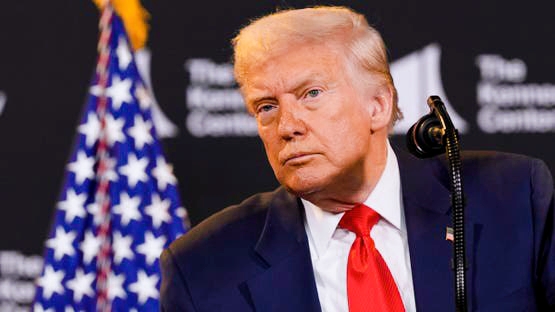In a controversial move, U.S. President Donald Trump announced yesterday, Tuesday, that he will seek to request the death penalty for anyone who commits murder in the capital, Washington, despite the fact that this penalty has been officially abolished in the city since 1981.
Trump made the statement during a Cabinet meeting at the White House, where he said:
"If anyone kills another person in the capital, Washington, we will seek the death penalty. This is a strong deterrent."
It is worth noting that Washington, D.C., which is traditionally a stronghold of the Democratic Party, does not belong to any U.S. state and has a special administrative status that is directly overseen by Congress.
In 1992, after the murder of a parliamentary aide, a referendum was imposed to reinstate the death penalty, but two-thirds of the capital's residents rejected this proposal.
And although the city's law does not allow the death penalty, the federal administration can intervene in some cases, especially those heard in federal courts.
It seems that Trump, known for his hardline stance and strong support for the death penalty, is seeking to amend the legislation that prevents the implementation of this penalty in Washington.
This escalation comes as part of Trump's broader campaign to restore what he describes as "order" in the capital, which he considers "plagued by violent gangs," as he puts it.
In this context, he ordered the deployment of National Guard troops in the streets of the city, and directed Defense Secretary Pete Hegseth to establish a specialized unit within the National Guard responsible for "ensuring security and order in the nation's capital."
It is noteworthy that 23 U.S. states have officially abolished the death penalty, while three other states (California, Oregon, and Pennsylvania) have suspended its implementation.
On his first day back in the White House last January, Trump signed an executive order calling for the expansion of the use of the death penalty for "the most heinous crimes," urging federal prosecutors to seek it more frequently.
Trump's statements open the door to a sharp legal and political confrontation over the possibility of imposing the death penalty in Washington, despite the opposition of its residents and the existing legislation.

